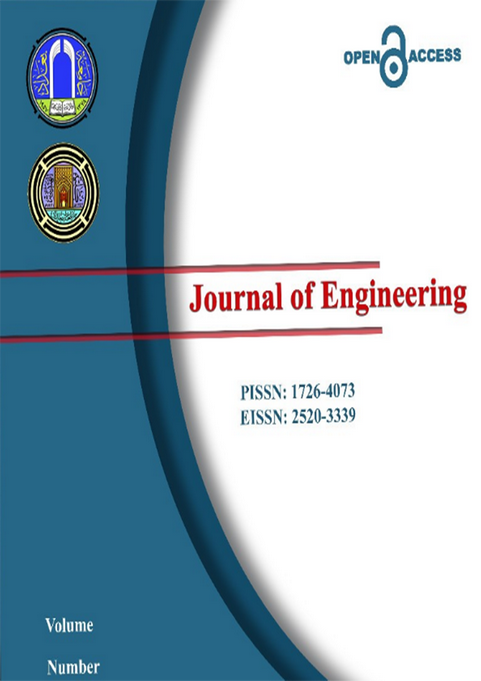Abstract
Regression analysis models are adopted by using SPSS program to predict the 28-day compressive strength as dependent variable and the accelerated compressive strength as independent variable. Three accelerated curing methods were adopted: warm water (35ºC) and autogenous according to ASTM C C684-99, and the British method (55ºC) according to BS1881: Part 112:1983. The experimental concrete mix design was according to ACI 211.1. Twenty-eight concrete mixes with slump ranges (25-50) mm and (75-100) mm for rounded and crushed coarse aggregate with cement content (585, 512, 455, 410, 372, and 341) Kg/m³. The experimental results showed that the accelerated strength was equal to about (0.356), (0.492), and (0.595) of the 28-day compressive strength for warm water, autogenous, and British curing methods respectively. A statistical regression analysis using SPSS program is implemented for the experimental results of the 28-day compressive strength ranging from (16 to 55.2) MPa and accelerated strength for different curing methods. The linear models with high R² and F-value are adopted for different curing methods while the Power model with constant is the best model for non-parametric analysis.
Keywords
accelerated compressive strength
regression analysis models
